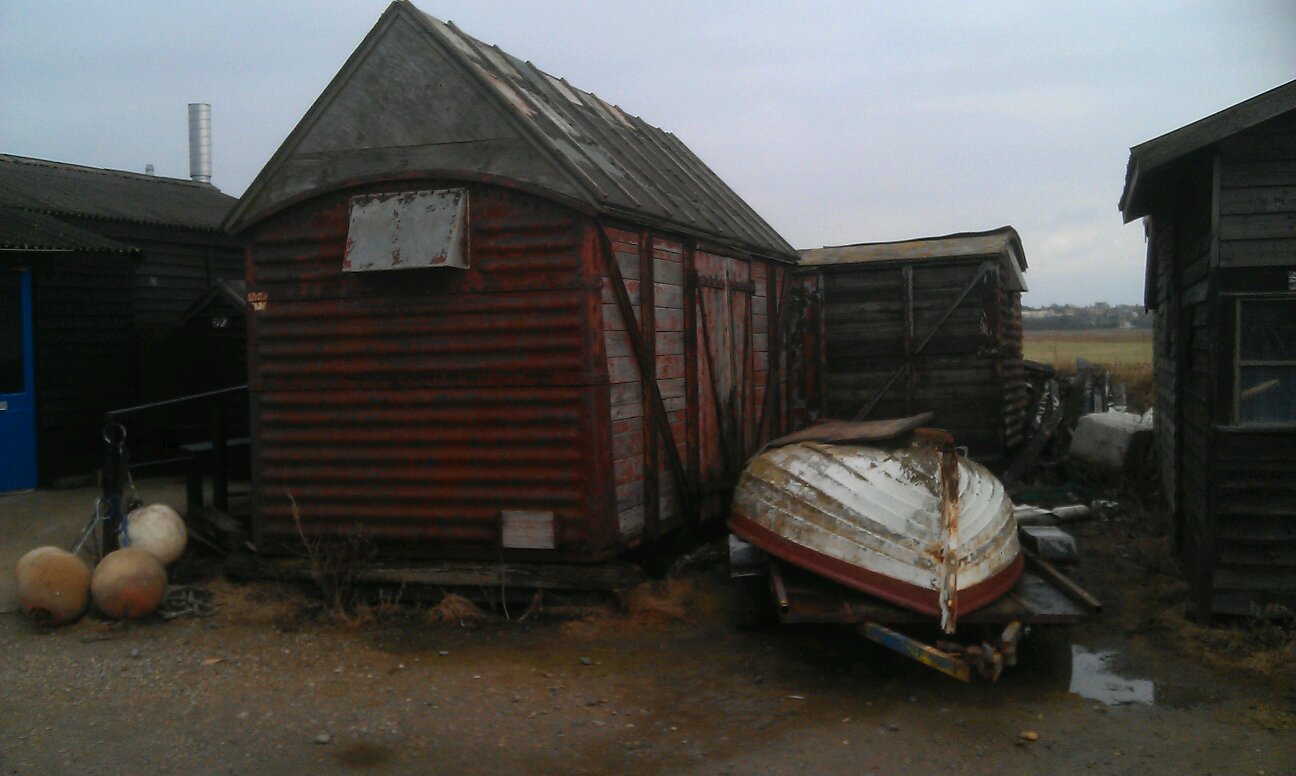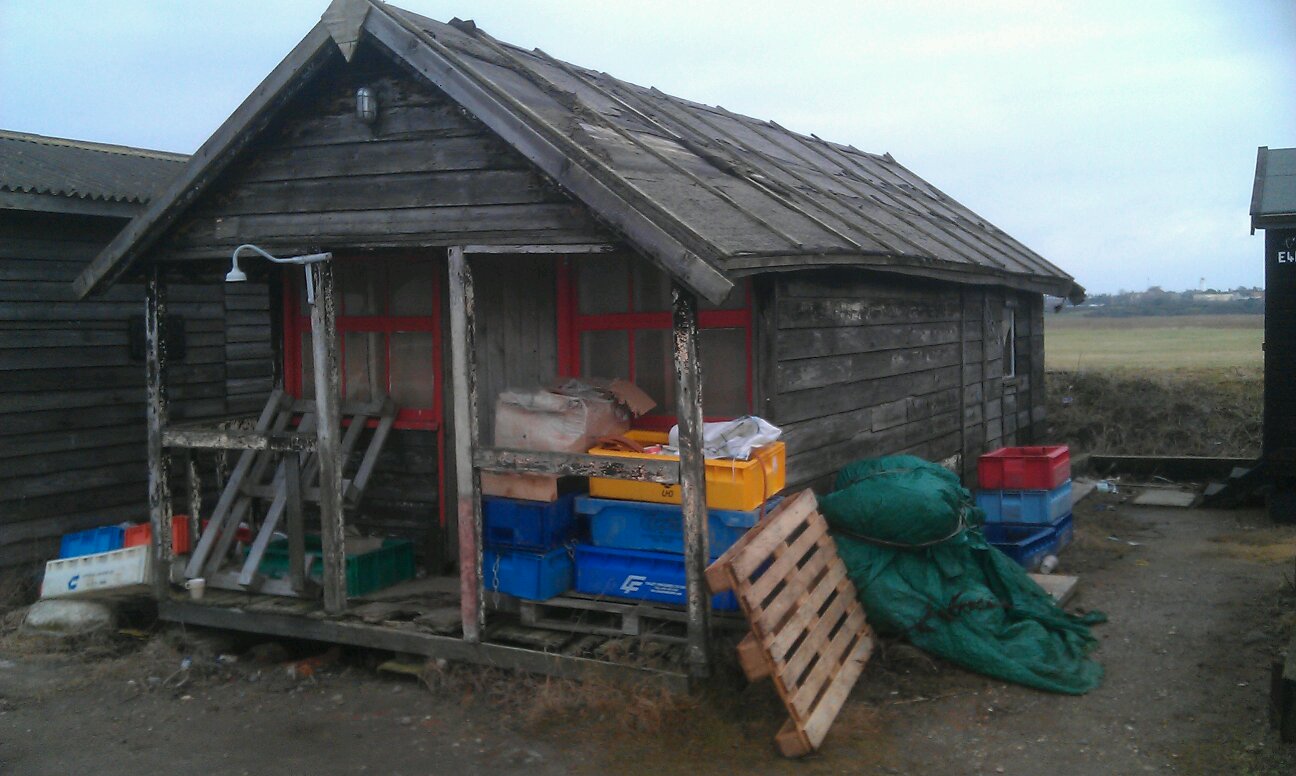It befits me not to prate on Coriolanus,
one so ennobled of spirit that he doth transform me
beyond my citizenship by the simple mention of his name.
The Great Leader! What piffle. The man at the insistence of the people was,
the others to whom he needs must turn in foreign places banished,
such others as did ever rank beside him in childhood or in battle.
His voice a trumpet to those same their voice to find,
or be ever beaten, ever held in one or another subjugation.



